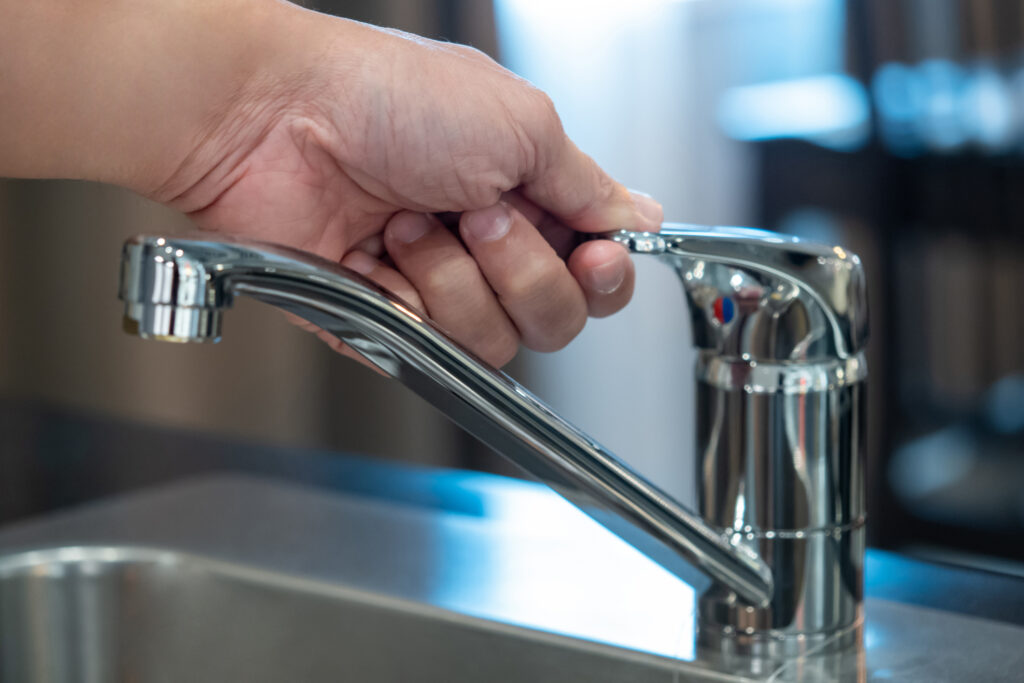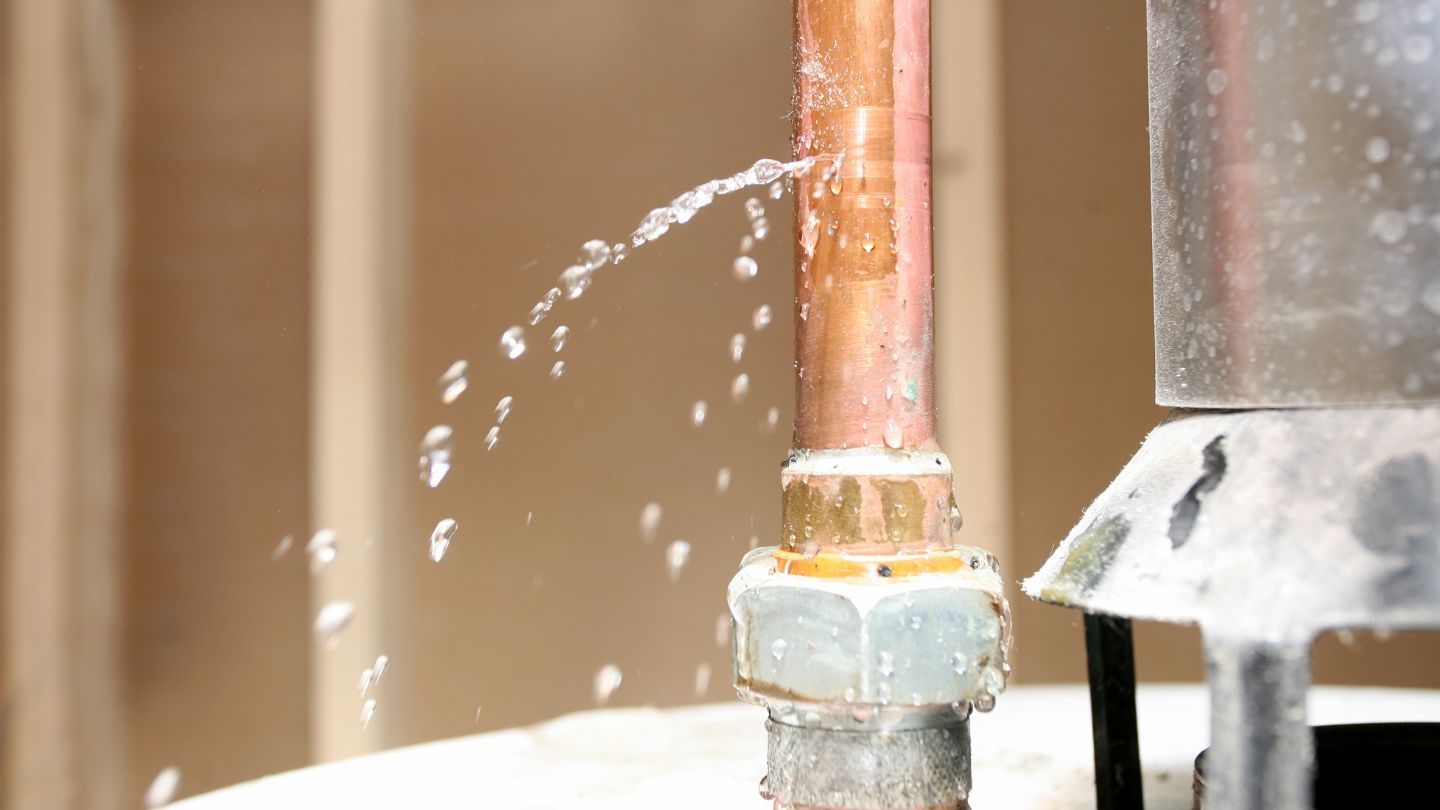Pipe bursts can cause significant damage to homes and are often the result of specific, preventable issues. This article will cover the main causes of pipe bust causes, such as freezing temperatures, tree root infiltration, high water pressure, and poor installation practices. Understanding these causes can help homeowners take preventive measures to protect their plumbing systems from pipe bust causes.
Key Takeaways
- Freezing temperatures can cause pipes to burst due to expanding water; preventative measures include insulation and consistent heating.
- Tree root infiltration and high water pressure can damage plumbing systems; regular inspections and pressure regulation are essential.
- Using harsh chemicals can weaken pipes; opting for natural cleaning solutions and hiring licensed plumbers helps maintain plumbing integrity.
Freezing Temperatures
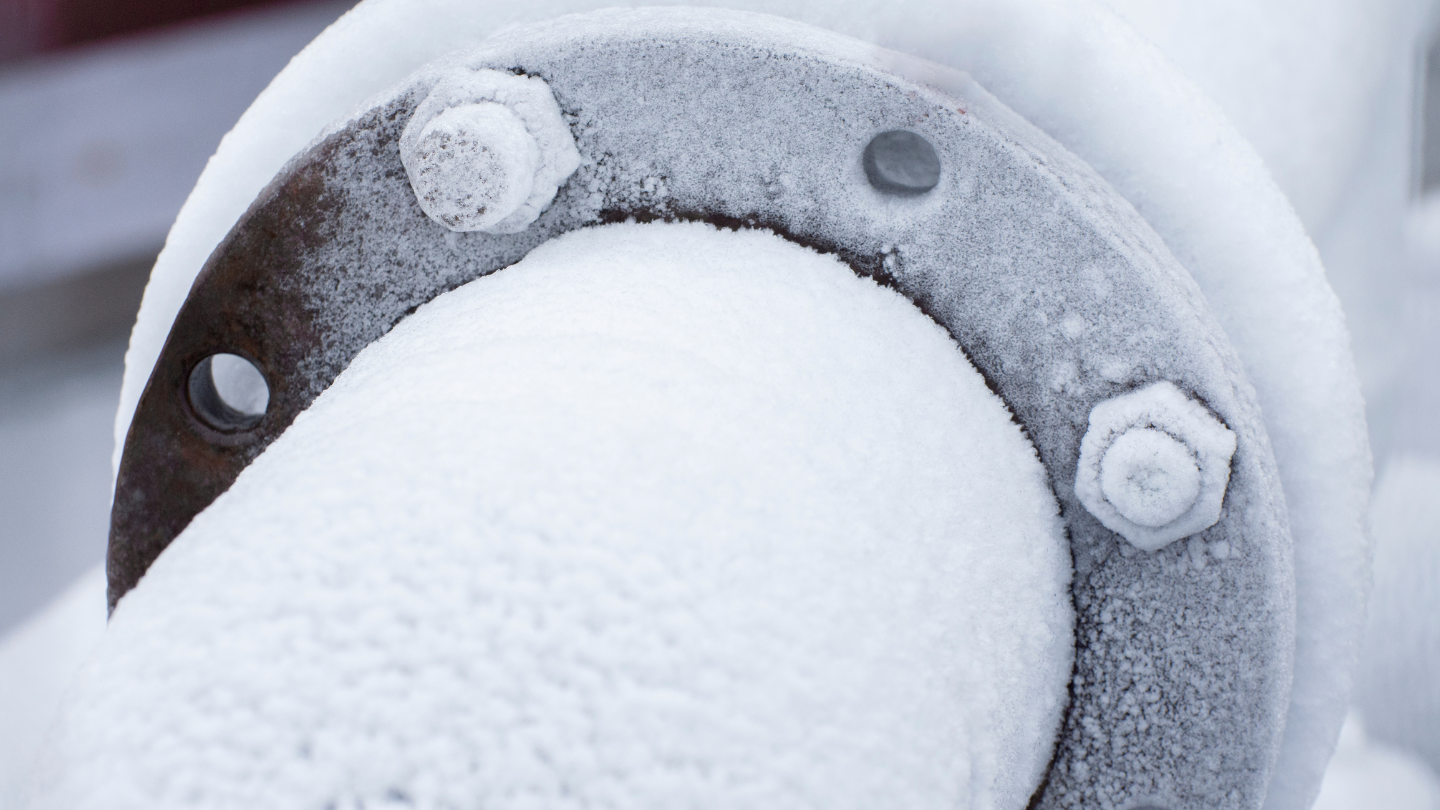
As temperatures plunge below 32 degrees Fahrenheit, water starts to solidify. This poses a significant risk for pipes since the expansion of freezing water exerts substantial pressure inside them. In cases where this escalating pressure is trapped with no release, it has the potential to rupture the pipe. Pipes situated in areas not typically heated, such as garages, attics, and crawl spaces, are at heightened risk during periods of extreme cold.
Homeowners should proactively implement strategies to safeguard against frozen pipes and circumvent expensive damages—particularly through the winter season when susceptibility is greatest. Insulating those vulnerable pipes and ensuring they reside within a consistently warm setting can serve as effective measures of prevention.
Preventing Frozen Pipes
Incorporating insulation into external walls and the plumbing within areas lacking heat can avert ice blockages. By wrapping exposed pipes with foam or fiberglass coverings, they are safeguarded against frigid temperatures. It’s advantageous to maintain a steady temperature on your home’s thermostat throughout, extending even to typically unheated spaces such as basements and crawl spaces.
Employing another uncomplicated yet effective strategy involves slightly opening faucets when the weather turns particularly frosty. Ensuring that water continues to course through the pipes reduces the likelihood of freezing occurring within them.
Conducting systematic inspections and upkeep of your home’s plumbing infrastructure can pinpoint potential weak spots preemptively, preventing issues like burst pipes from arising.
Tree Roots Infiltration

The natural tendency of tree roots to pursue water and essential nutrients frequently results in their intrusion into underground water pipes, particularly sewer lines that provide the moisture and nourishment these roots are seeking. Such infiltration can culminate in substantial harm over an extended period, with a possible outcome being ruptured pipes.
Mature trees with widespread root networks present an amplified risk. With continued growth, the force they apply on nearby pipes intensifies, which may cause fractures and seepage. Being aware of the dangers associated with tree root encroachment is crucial for averting expensive complications related to plumbing systems.
Regular Inspections
By conducting annual plumbing inspections, early signs such as slow draining or unpleasant smells that indicate tree root infiltration can be spotted before they worsen. These regular checks help avert significant damage and costly repairs by detecting problems promptly.
High Water Pressure
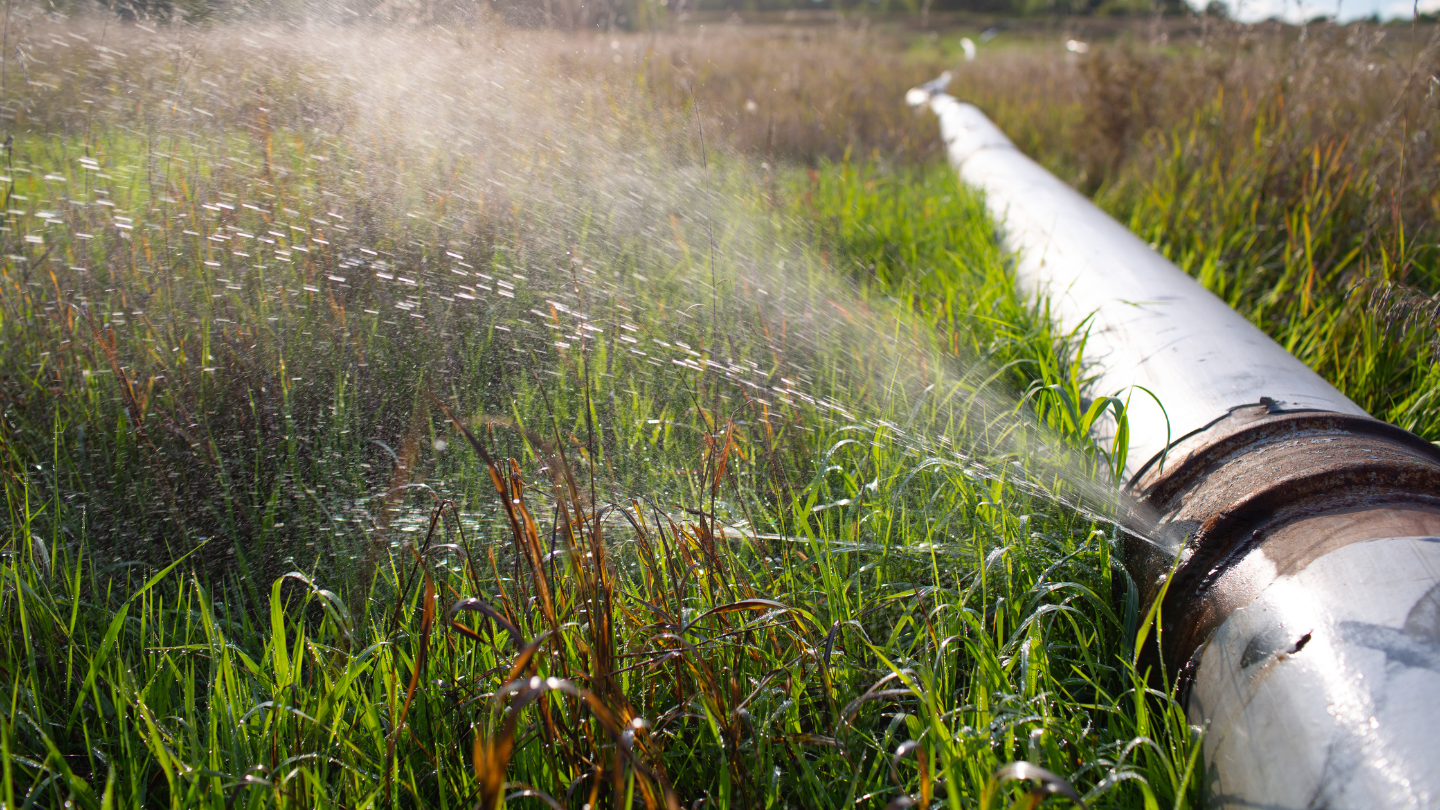
Elevated water pressure can place considerable strain on your plumbing system, which may lead to an increased likelihood of leaks or pipe bursts. Plumbing fixtures and pipes are more susceptible to failure or rupture when the water pressure goes beyond 60 psi, as high-velocity flow may also have corrosion of pipes, thereby diminishing their structural integrity over time.
Maintaining your plumbing system’s water pressure between 40 and 60 PSI is crucial for its durability. Ignoring clogs in the system might cause a rise in water pressure that could result in harm to the pipes.
Installing Pressure Regulators
By fitting a pressure-reducing valve into your plumbing system, you can achieve steady water pressure, which diminishes the strain on both pipes and fixtures. This measure decreases the likelihood of pipe bursts, thereby prolonging the durability of your plumbing infrastructure.
Aging and Corrosion
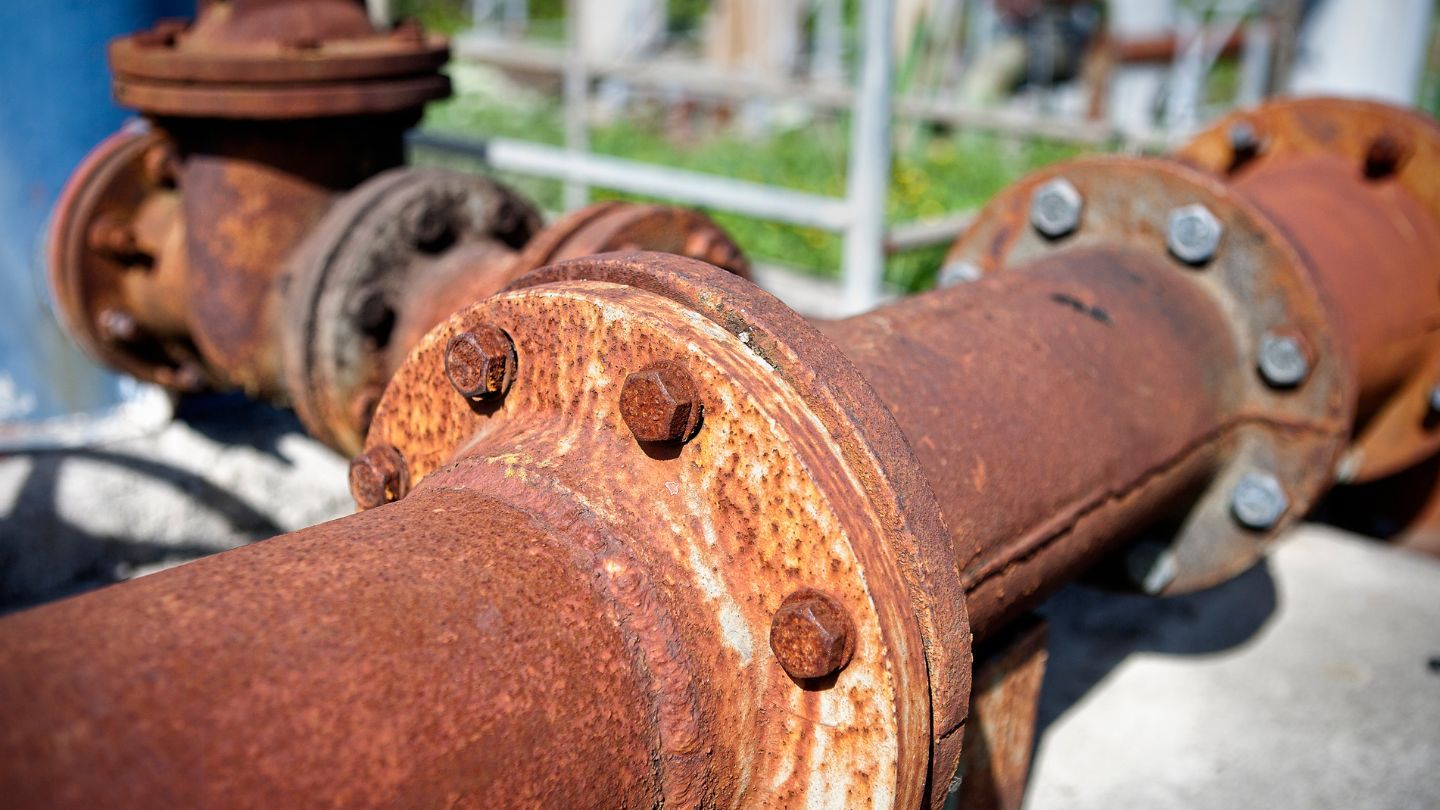
Over time, pipes can deteriorate due to constant use and the inevitable consequences of aging. This degradation may result in structural damage and leakage. Pipes crafted from older materials, such as galvanized steel, tend to be particularly vulnerable to corrosion and rupture. Over time, chemical interactions between the water and pipe substances progressively weaken the structural soundness of these conduits.
It is important for homeowners who possess antiquated plumbing setups to conduct routine evaluations and maintain their maintenance schedules for pipes, which aids in identifying potential issues promptly, thereby averting grave complications.
When dealing with old piping systems, it is frequently recommended that they be upgraded with more robust materials like copper or PVC pipe options, which provide greater longevity against wear.
Signs of Corrosion
If you observe water that has taken on a different hue, it’s an indication of corrosion, suggesting the metal pipes are deteriorating. In such instances, promptly reaching out to a plumber is essential.
Conducting periodic inspections can reveal concealed problems, such as leaks or rusting, preventing them from becoming more severe issues.
Read more: When to Call a Professional Plumber
Clogs and Blockages
Blockages from materials such as food particles, hair strands, soap residue, and mineral build-ups can lead to a significant accumulation of water pressure in the pipes. This condition may result in pipe bursts if not addressed. The impediment to regular water flow manifests through symptoms like slow-draining basins, backup problems, and potential overflows that add extra stress to the plumbing system.
Plumbing fixtures are at risk of leaking or bursting due to high pressure caused by clogged passageways within them. To avoid these detrimental outcomes, it is vital to consistently manage blockages and ensure an uninterrupted flow of water throughout the plumbing infrastructure.
Proper Maintenance
Regular cleaning and inspection of plumbing fixtures are essential maintenance practices that help prevent blockages. Implementing such preventive measures can stave off expensive repair bills and reduce damage to the plumbing system.
Poor Installation Practices
Inferior installation procedures can result in misaligned or improperly sealed joints, which become vulnerable points prone to rupture. The use of substandard materials can also weaken the structural integrity of the plumbing system. When water pressure is excessive, it amplifies the effects of water hammer—a phenomenon that can inflict damage on pipe joints and valves.
Ensuring correct installation practices and using high-quality materials are critical for maintaining a dependable plumbing system over time. Pipes installed poorly may cause serious problems, such as extensive water damage, and lead to expensive repair work.
Hiring Licensed Plumbers
Engaging a licensed plumber guarantees accurate installation and reduces the likelihood of future plumbing problems. Skilled plumbers employ appropriate methods and materials to protect your plumbing system effectively.
External Pressure and Shifting Soil
Alterations in the soil, including variations in moisture levels, composition changes, and human activities, can lead to ground movement. This shifting of the earth places significant strain on subterranean pipes within a plumbing system. Over time, this added pressure can cause the pipes to develop cracks or leaks that may ultimately result in burst pipes.
To mitigate potential plumbing problems related to soil displacement, it’s crucial for homeowners to remain vigilant about environmental shifts around their property that could adversely affect their plumbing infrastructure. Recognizing these risks is key to safeguarding against pipe ruptures due to increasing pressure from unstable soil conditions.
Monitoring Construction Work
Regular inspections of your plumbing system and vigilance towards nearby construction activities can help detect problems at an early stage, thus averting significant damage to your plumbing.
Chemical Damage
Caustic substances like bleach and drain cleaners can inflict considerable harm on plumbing pipes. These aggressive substances have the potential to corrode the insides of pipes, making them weaker as time progresses. Pipes become increasingly brittle and susceptible to ruptures when they are subjected to such chemicals for extended periods.
If there is noticeable distortion in your plumbing, it’s an obvious indicator that chemical damage has occurred, and this situation necessitates prompt intervention from a professional plumber. Steering clear of harsh chemicals is essential for preserving the structural soundness of your home’s plumbing system.
Avoiding Harsh Chemicals
For the upkeep of your plumbing system, employing natural cleaning agents is a less hazardous option compared to potent chemicals. Seeking advice from a professional plumber on secure cleaning practices can help avoid chemical-related harm and prolong the durability of your pipes.
Immediate Actions When a Pipe Bursts

When a pipe bursts, it is critical to take prompt measures in order to curtail the damage. By turning off the water supply swiftly, you can stave off additional flooding and mitigate any ensuing water damage, thereby avoiding extensive restoration work and extra expenditures.
After stopping the flow of water, set a bucket beneath the leak to help protect your flooring from harm. Ensure that you capture photographic evidence of the burst pipe and keep all receipts related to repair costs. These documents will be indispensable when submitting an insurance claim.
Shutting Off the Water Supply
When a pipe bursts, the initial response should be to shut off the main water supply. Doing so halts additional harm and reduces pressure in the compromised pipe.
After closing off the main water supply, it’s beneficial to keep taps open to allow residual water to drain out.
Contacting a Professional Plumber
It’s essential to reach out to a licensed plumber for the appropriate fix of a burst pipe. Such professionals possess the necessary skills and knowledge to swiftly tackle the problem, thereby reducing any additional dangers or harm that might arise.
Preventive Measures to Avoid Burst Pipes
Taking proactive steps such as consistent maintenance is crucial in preventing burst pipes and protecting your residence. Consider adopting these effective methods:
- Insulate piping located in cooler areas to avert freezing.
- Maintain indoor temperatures at no less than 68 degrees Fahrenheit.
- Prevent blockages by steering clear of disposing of non-flushable items down the toilet.
- Opt for natural cleaning agents to diminish the chances of pipe eruptions.
By putting these tactics into action, you can aid in defending your home against the risk of water damage.
Enlisting qualified, professional plumbers for any installations or repairs ensures that best practice standards are met, thereby minimizing errors that could precipitate pipe bursts. Scheduled maintenance and routine checks can identify potential problems early on, circumventing extensive harm.
Regular Plumbing Inspections
By conducting routine inspections of the plumbing system, potential issues can be detected and remedied swiftly, thus averting larger complications down the line and ensuring the continued well-being of your plumbing infrastructure.
Insulating Exposed Pipes
Wrapping water pipes with insulation in spaces that are not heated, such as crawl spaces, helps prevent the pipes from freezing and potentially bursting when the weather turns cold.
A-Total Plumbing
For all your plumbing requirements, A-Total Plumbing stands as the prime choice. They boast a team of skilled plumbers who are adept at tackling any plumbing task, whether it’s fixing burst pipes or setting up new water heaters, ensuring repairs, replacements, and regular upkeep with proficiency. The commitment to excellence is underpinned by their promise of a lifetime warranty on every job they complete, offering you dependable service with absolute clarity.
A-Total Plumbing operates around the clock to attend to urgent plumbing situations and caters to regions including Cartersville, Kennesaw, Atlanta, and North Georgia. Their dedication is mirrored in customer testimonials that applaud their timely responses and steadfast devotion to delivering exceptional service.
Summary
Understanding the causes of burst pipes and taking preventive measures can save homeowners from costly repairs and significant water damage. From freezing temperatures to high water pressure and poor installation practices, various factors can lead to burst pipes. Regular maintenance, proper insulation, and hiring licensed plumbers are essential steps in safeguarding your home’s plumbing system.
By following the advice outlined in this blog post, you can minimize the risk of burst pipes and protect your home from plumbing disasters. Remember, proactive measures are always more effective and less costly than reactive repairs. Whether you need a Cartersville plumber or services in other regions, A-Total Plumbing is here to help.
Frequently Asked Questions
What should I do immediately if a pipe bursts in my home?
Immediately shut off the main water supply to prevent further damage, and then contact a licensed plumber for a prompt repair.
How can I prevent my pipes from freezing during cold weather?
To prevent your pipes from freezing during cold weather, insulate pipes in unheated areas, maintain a consistently warm temperature in your home, and let faucets drip when temperatures are extremely low.
These measures will help protect your plumbing from freezing conditions.
What are the signs of corrosion in plumbing pipes?
Discolored water is a primary sign of corrosion in plumbing pipes.
If you observe this issue, it’s essential to contact a plumber for an inspection without delay.
Why is it important to hire licensed plumbers?
Employing certified plumbers is vital due to their proficiency in accurate installations and repairs, which considerably diminishes the likelihood of subsequent plumbing problems and expensive urgent situations.
How often should I have my plumbing system inspected?
It is essential to have your plumbing system inspected at least annually to identify and resolve potential issues before they escalate into significant problems.
Regular inspections can save you time and money in the long run.

